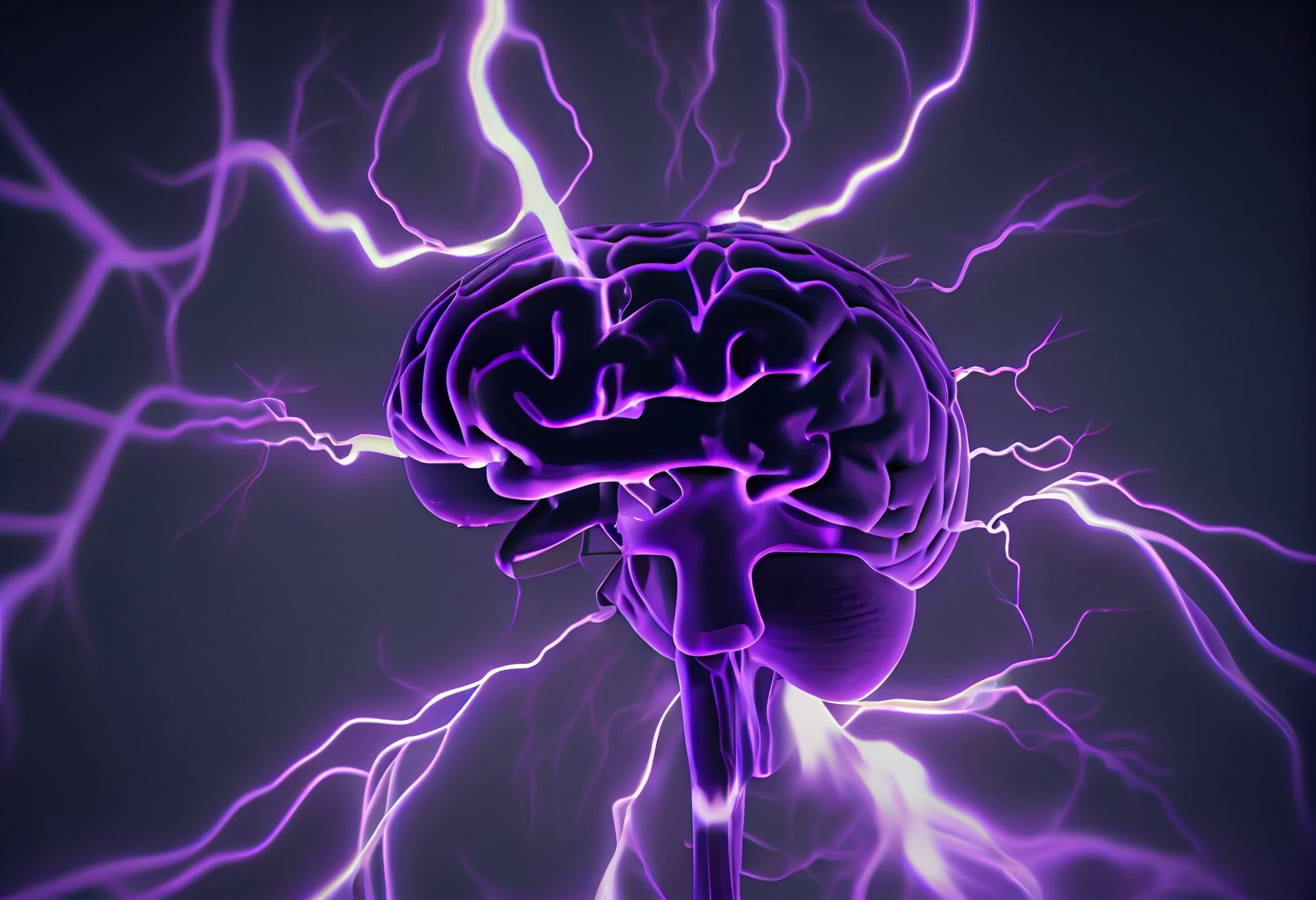
Epilepsy
Latest News

Latest Videos

More News

Researchers developed a novel “closed-loop” system that delivered electrical pulses in a brain region to synchronize brain activity recorded from another region in the brain to improve memory.
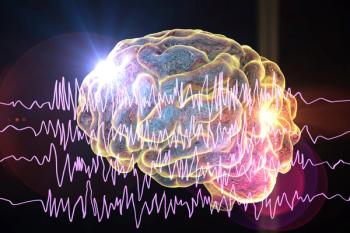
Perampanel was found effective and safe for prolonged use in children with epilepsy, according to one study.
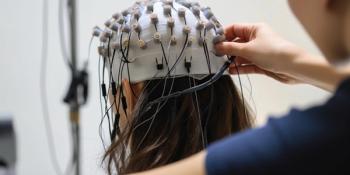
Two abstracts presented at the 2023 International Epilepsy Congress evaluated early electroencephalography (EEG) monitoring in children with seizures and encephalopathy.
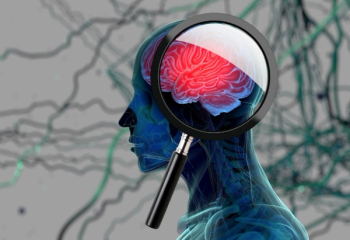
Routine screening and prophylaxis should be recommended for all people with epilepsy, a new study suggests.
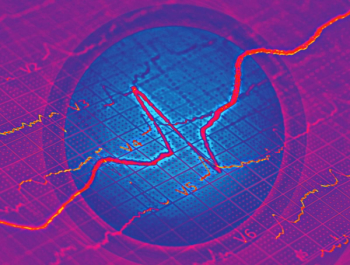
With the decision, ClarityPro becomes the first and only device to offer new technology add-on payment reimbursement for the diagnosis of electrographic status epilepticus.

Using rapid genome sequencing, researchers evaluate the impact of an expedited genetic diagnosis of infantile epilepsy.
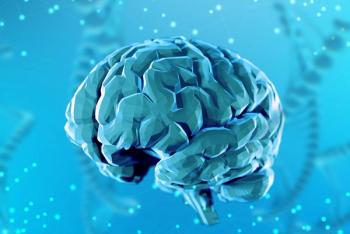
Stroke of an undetermined cause was associated with acute symptomatic seizures, an effect that was marginally mediated by cerebral microbleeds.

Careful evaluation of older patients with epilepsy is necessary for minimizing the risk of hyponatremia.
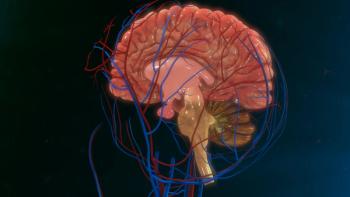
Predictions for identifying 1-year seizure recurrence performed significantly better in electroencephalography (EEG) without interictal epileptiform discharges.
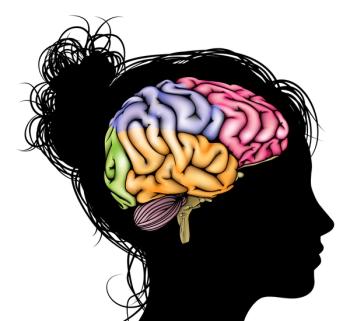
Women may be at a higher disadvantage than men with adult status epilepticus, according to one study.
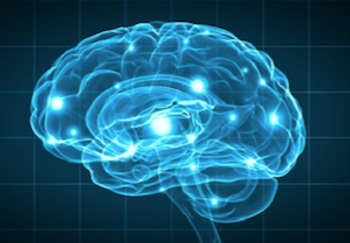
A recent study found that patients with psychogenic nonepileptic seizures experienced seizures significantly earlier than patients with epileptic seizures.

Echocardiogram and clinical features help researchers identify epilepsy after encephalitis in children.

Studies suggest natural language processing (NLP) is an effective tool in identifying candidates for epilepsy surgery.
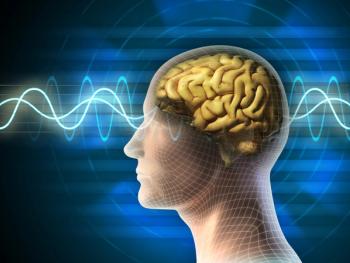
Targeted electrical stimulation may improve memory in patients with epilepsy and traumatic brain injury (TBI), a study found.

Researchers examine the complexity of sleep problems in children with epilepsy and the possible connection between neurodevelopmental characteristics that impact quality of life.
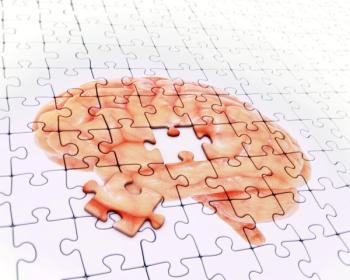
Lesion mapping led researchers to identify a common brain circuit related to epilepsy.
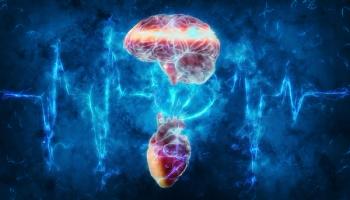
The condition was seen in a 75-year-old female patient with a history of epilepsy and hypertension.

A novel natural language processing pipeline (NLP) may be able to help expedite the time-consuming process of gleaning this information from summaries.
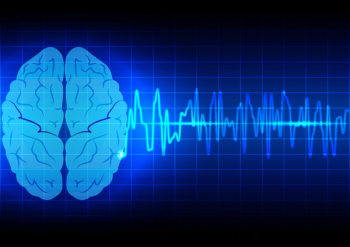
A new artificial intelligence (AI) model may improve patient diagnosis and care among specialized epilepsy centers in underserved areas.

Health disparities likely exist in youth epilepsy but few studies have focused on these disparities.
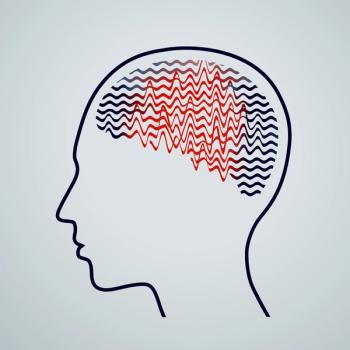
Early detection of focal epilepsy may reduce the amount of motor vehicle accidents caused by seizures while driving.

A rare condition that presents with refractory and many times super-refractory status epilepticus, NORSE, including its subtype febrile infection related epilepsy syndrome (FIRES), is heterogeneous without one single etiology.

The cross-sectional study of 260 people with epilepsy collected data between October and December 2020, months following the onset of the pandemic in the United States.

In a 6-month trial, more than 85% of adults on CBD showed significant reduction in the number of monthly seizures, suggesting this treatment may be an effective adjuvant option.

Physicians should proactively ask patients what alternative therapies, if any, they are using.



